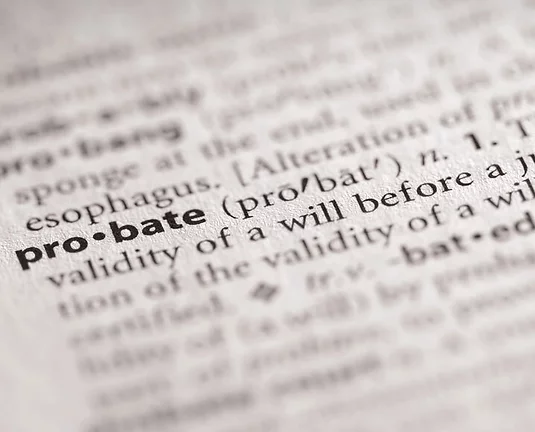Michigan’s “Homeowner’s Energy Policy Act”: Transforming HOA Policies
 Michigan’s Senate passed House Bill No. 5028 (“HB 5028”) on June 20, 2024, and it has significant implications for homeowners’ associations (“HOAs”) and its members. Traditionally overseeing community rules and aesthetics, HOAs collect fees for services like landscaping and rule enforcement. The new Homeowner’s Energy Policy Act mandates HOAs to permit certain energy-efficient installations on members’ properties, despite potential aesthetic impacts.
Michigan’s Senate passed House Bill No. 5028 (“HB 5028”) on June 20, 2024, and it has significant implications for homeowners’ associations (“HOAs”) and its members. Traditionally overseeing community rules and aesthetics, HOAs collect fees for services like landscaping and rule enforcement. The new Homeowner’s Energy Policy Act mandates HOAs to permit certain energy-efficient installations on members’ properties, despite potential aesthetic impacts.
Here’s what HOA members need to know.
Key Provisions of HB 5028:
- Energy-Efficient Installations. HB 5028 mandates that HOAs allow certain types of energy-saving improvements, installations, and modifications on members’ properties. These include solar energy systems (“SES”), air and ground source heat pumps, insulation upgrades, clotheslines, rain barrels, reflective roofing, electric vehicle supply equipment, energy-efficient windows and appliances, and more.
- Scope and Exclusions. Common areas and shared roofs are exempt from HB 5028.
- Enforcement and Penalties. State and local governments are tasked with enforcing HB 5028, ensuring HOAs comply with the new regulations. Penalties are stipulated for HOAs failing to adhere to the mandated allowances for energy-efficient upgrades. For example, if an HOA fails to adopt a policy or fails to approve or deny a member’s application within the proper time period, a member may proceed with the installation of an SES without the imposition of fines or other penalties by the HOA. If an HOA’s policy violates HB 5028, a member may bring a civil action against the HOA for damages and may be awarded reasonable attorney fees and the costs incurred in bringing the action.
- Member Rights. Under HB 5028, HOA members are empowered to pursue energy-saving initiatives without interference from their HOA. HB 5028 prohibits HOAs from imposing excessive inquiries into members’ energy usage or requiring higher application fees or preferred service providers for energy installations.
- Visual Cohesion Considerations. Despite the broad permissions granted under HB 5028, HOAs retain some authority to regulate the visual impact of energy installations. For instance, they may enforce standards regarding the appearance of solar panels on roofs or in fenced areas, ensuring they conform to neighborhood aesthetics. An HOA may also deny a member’s application to install an SES if a court finds it violates a law or it does not substantially conform with the approved application to install the system.
- Implementation and Timeline. To comply with HB 5028, every HOA in Michigan must adopt a solar energy policy by September 18, 2025, one year after the Bill’s effective date[1]—that aligns with local, state, or federal law. The policy must outline reasonable conditions for the installation, maintenance, and potential removal of SESes within the community. A copy of its policy must be made available to members within 30 days after the adoption of the policy or upon request.
- Legal Implications and Guidance. For homeowners and HOA boards navigating these changes, legal expertise is essential. Understanding the intricacies of HB 5028 and its implications on existing HOA policies requires careful consideration and adaptation.
Your Foster Swift attorney or a member of the firm’s Real Estate practice group can provide invaluable guidance on crafting compliant policies.
[1] The Bill’s effective date is 90 days after its enactment date of June 20, 2024.




